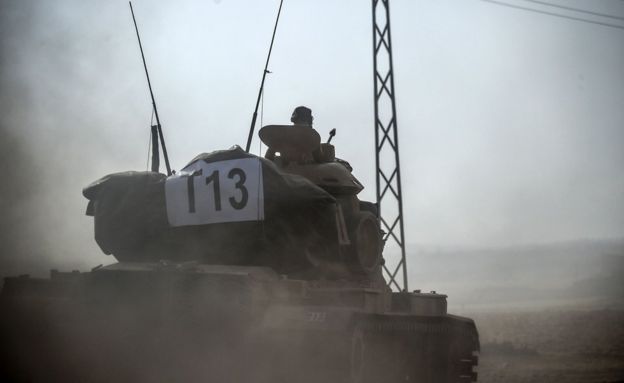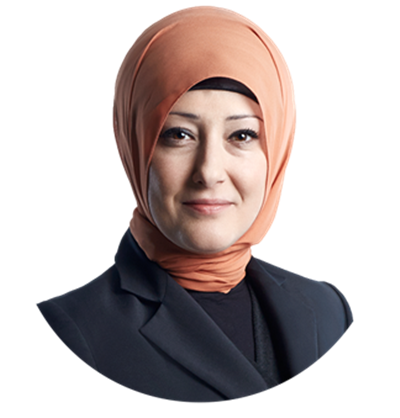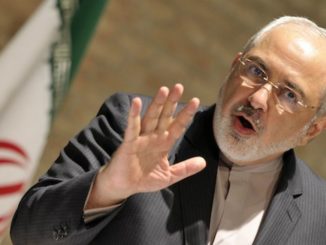
For example, FETÖ has 15 schools in Bosnia-Herzegovina – four of them preschools, five primary schools and five high schools and universities. These schools are an important source of income and an important source of human capital. The organization that has been in Bosnia-Herzegovina for more than 20 years has tourism companies, publishers and a newspaper called the New Zaman. Local sources say that this organization had the power to affect the country’s politics, public enterprises, civil society and the Muslim population. The situation is similar in Kosovo, Albania and Macedonia.
On the other hand, Mehmet Kemal Firik, a journalist who worked in Africa for long years, has been giving information about the organization’s structuring in Africa. FETÖ has infiltrated most countries in the region from Kenya to Nairobi and Malawi to Uganda. According to Firik, the school in Malawi, Bedr College, was founded with benevolence (himmet) funds from Kütahya province in Turkey.
The Internal Affairs and Culture ministers’ children are known to be students at this school. They have five schools in Kenya and four in Ghana. The “imam” of Ghana has strong connections and he can directly approach the ministers. They are known to be effective in Ethiopia, the center of the African Union. According to Firik, two of the diplomats and military attaches at the embassies here were found to be FETÖ members. The organization in Cameroon is said to have complained about the Aziz Mahmud Hüdai Foundation, alleging that they were al-Qaida supporters.
There is also an example from the Caucasus. Sources that know the region well say Azerbaijan is the door into Caucasus, Central Asia and Russia for the organization. The organization is known to be very strong here. Agil Alesger, an Azeri journalist says FETÖ warns its members to “die but not return” from the region. Alesger says that FETÖ abused Azerbaijan’s love for Turkey to enter this country, influenced important figures like Ebulfeyz and established its first primary school in 1992. The organization has 28 colleges, 28 private teaching institutions, one university, three student dormitories and 1,200 student houses. Alesger underlines that these schools continue to operate, despite the decision to close them down, by changing their names.
Likewise, Hüseyin Büyükfırat, one of the plaintiffs of the “plot against the Tahşiyeci group,” says the organization is second strongest in Azerbaijan. Büyükfırat, a businessman with many investments in Azerbaijan, said FETÖ requested money from him and after he rejected to give them any money they plotted against him. The real aim was the IHH Humanitarian Relief Foundation which Büyükfırat was a representative for. Ali Fuat Yılmazer unsurprisingly claims that the IHH financially supports al-Qaida. The interesting thing is that journalist Sevil Nuriyeva claims that Hüseyin Büyükfırat was refused entry in to Azerbaijan this week. This incident clearly proves that FETÖ is very powerful in Azerbaijan, as only a few days after a trial a rich businessman is refused entry into the country.
When this is the case, don’t the state, people, politics, civil society, academy and media need to unite and fight against FETÖ just like they did in Turkey? Doesn’t this struggle have to be based on a strong strategy and mobilization?
*Merve Şebnem Oruç is a Turkish journalist and columnist.
(Published in Yeni Şhafak on Thursday, Sept. 15, 2016)



